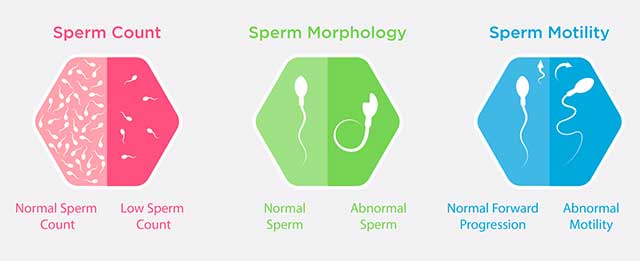Urethritis Introduction
Urethritis
There are a few types of urethritis, an inflammation of the bladder. One type refers to disease caused by gonorrhea and another type is not caused by gonorrhea. Antibiotics are the standard treatment.
What is urethritis?
Urethritis is an inflammation (swelling and irritation) of the urethra, the tube that takes urine (pee) from your bladder to the outside of your body. Typically, urethritis is caused by an infection. Most commonly, but not always, the cause is a sexually transmitted infection (STI).
Are there different types of urethritis?

Yes, there are different types of urethritis. They include:
Gonococcal urethritis is caused by gonorrhea.
Nongonococcal urethritis (NGU) is caused by something other than gonorrhea. This could be from another type of STI or from repeated irritation of your urethra.
Non-specific urethritis (NSU) refers to urethritis that doesn’t have a known cause.
Who does urethritis affect?
Anyone can get urethritis. However, there are risk factors for urethritis. Some of them are:
Being between the ages of 15 and 24.
Having more than one sexual partner.
Having unprotected sex.
Using items that might contain irritants, such as deodorant tampons, douches, spermicides or personal lubricants.
Experiencing trauma to your urethra. This could happen in an injury or by having something put up into the urethra, like a urinary catheter.
How common is urethritis?
There are about four million people in the U.S. who get urethritis each year. About three million of these cases aren’t caused by gonorrhea (NGU). Globally, there are about 62 million new cases per year of urethritis caused by gonorrhea and about 89 million cases of NGU each year.
These numbers may be low because it’s possible to have the condition without having symptoms. If this is true, you’re said to be asymptomatic.
What are the signs and symptoms of urethritis?
Signs and symptoms of urethritis may include:
Pain while peeing (dysuria).
Pain during sexual intercourse (dyspareunia).
Itchiness at the tip of the urethra.
Penile discharge, including pus and/or blood.
Pelvic pain.
Men often have symptoms from nongonococcal urethritis, but women may not have symptoms.
What causes urethritis?
Sexually transmitted infections are a common cause of urethritis. Apart from gonorrhea, other STIs are related to urethritis, including:
Chlamydia.
Trichomoniasis.
Genital herpes.
However, you can also get urethritis from:
Urinary tract infections.
Yeast infections.
Exposure to irritants like spermicides, douches and soaps.
Squeezing your penis roughly.
Activities that put pressure on your urethra, like riding a bicycle or some sexual acts.
Putting something up inside your urethra, such as a catheter to help you pee.
Is urethritis contagious?
Urethritis itself isn’t contagious, but the infections that cause it can be contagious. If you have urethritis caused by an STI, you should be treated for the STI. Your partner or partners should also be treated. If only one of you is treated, you’ll just keep passing the infection between you.
How is urethritis diagnosed?
Your healthcare provider will take a medical history and ask you questions, some of them about your sexual history. They will also do a physical examination to check for redness or discoloration, swelling and pain.
Your provider may order tests that may include:
Lab tests of discharge.
Blood tests.
Urine tests.
These tests may help your provider diagnose urethritis and the type of infection causing it.
How can I prevent urethritis?
You can reduce your risk of developing urethritis by:
Doing things to avoid getting STIs, such as practicing safe sex and limiting the number of your sexual partners.
Getting regular tests for STIs if you’re sexually active.
Avoiding chemicals that may irritate your urethra.
Avoiding actions that may irritate your urethra.
What happens if you have urethritis and it’s not treated?
Urethritis may clear up on its own in time. However, if it’s caused by sexually transmitted infections, those germs will stay in your system. Untreated STIs can cause problems later. These conditions include:
Swelling of the penis.
Swelling of lymph channels in the penis.
Urethral strictures (blockages).
Abscess in the urethra.
Pelvic inflammatory disease.
Infertility.
Ectopic pregnancy.
Reactive arthritis.




 Doctor Messenger Consultation
Doctor Messenger Consultation